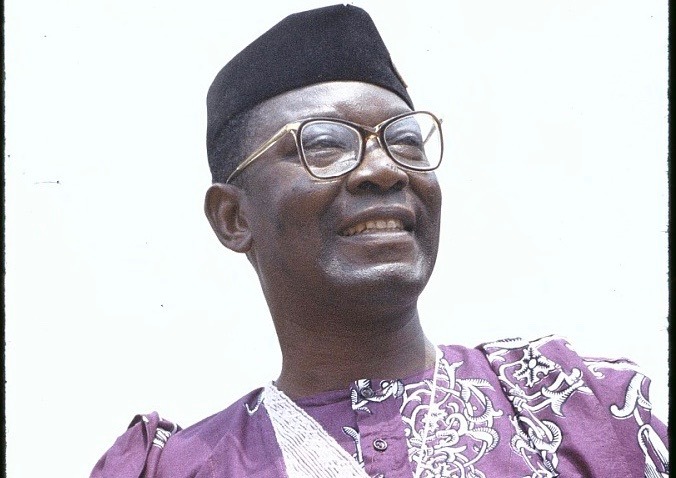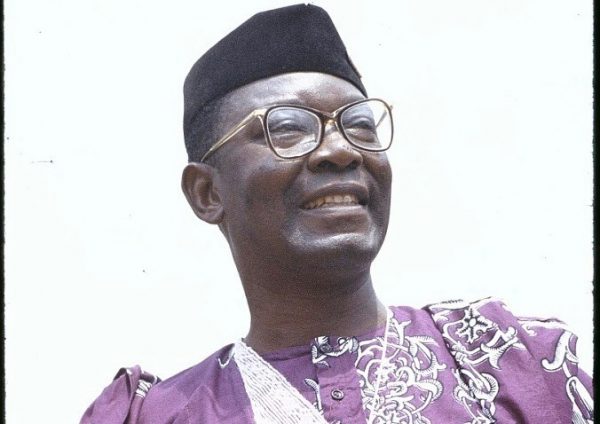The history of Nigeria’s independence struggle has featured popular names like Dr. Nnamdi Azikiwe, Chief Obafemi Awolowo, and Sir Ahmadu Bello. Other notable names include Sir Tafawa Balewa, Dr. Michael Okpara and S.L. Ankintola and a host of others. However, there are unsung heroes of the Nigeria independence movement, the Zikist Movement. The Zikist Movement consisted of young Nigerians who vowed never to get married until Nigeria was free from the British rule.
Read more about Politics
In part 1 of this discussion, we looked at how Nigerian youths played a dominant role in the Nigerian independence movement between the 1940s and 1960s. It was revealed that the Zikist movement was founded by Kola Balogun and 12 others in Lagos in February 1946. The movement was named after the most influential nationalist of the period, Nnamdi Azikiwe, whose reputation loomed large in the minds of these young men. The movement grew to become a notable force in the pre-independence period. As expected, the first president of the movement was Kola Balogun, who later left the movement towards the close of 1950 to pursue a law degree in London.
The second president of the Zikist Movement was Raji Abdallah. He served from 1948 to 1949. Abdallah was born in 1920 in Okene, present-day Kogi State. He belonged to the Ebira ethnic group. Before he joined the Movement, Abdallah and Osita Agwuna formed the Anti-Colour Bar Movement (ACBM) in Kano, which fought against racial discrimination or colour bar, a policy of black and white segregation instituted by the colonial government. In the preceding years of their struggle, both ACBM and Zikist Movement, realizing they pursued the same goal amalgamated into one larger Zikist Movement. Abdallah officially became a member of the Zikist Movement in 1946 and was instrumental in helping the movement gain fame in northern Nigeria.
Sign up for the Connect Nigeria daily newsletter
In the same year, he formed the Northern Elements Progressive Association (NEPA). The group’s goal was to raise nationalist consciousness amongst northerners. The association became a rival to the dominant conservative Northern People’s Congress. Following Balogun’s departure to London, Abdallah became the president of the movement, while Agwuna became his deputy.
Known for his radical approach, Abdallah was fired from his job in Kano Rediffusion Service in 1948. According to his employers, he was too radical to be a civil servant. This gave him the ample time to get more involved in the Zikist Movement. According to historians, Abdallah was said to have given a fiery speech following Goldeneye Macaulay’s call to ‘dragging the (British) government down’ and seizing power by force. According to Abdallah:
I hate the Union Jack with all my heart because it divides the people wherever it goes. It is a symbol of persecution, of domination, a symbol of exploitation, of brutality. We have passed the age of petition, the age of resolution, the age of diplomacy… This is the age of action, plain blunt and positive action.
In his speech, Abdallah declared that he was free from British rule. This statement did not go down well with the British authority that saw the speech as a call for revolution. This led to the arrest of Abdallah and nine other leaders of the Zikist Movement. They were charged with sedition and were jailed. On the 2nd of February, Abdallah was given the harshest sentence of two years imprisonment, while others were either handed a jail term of six months to one year.
Register to attend the Connect Nigeria Business Mixer
This action by the British authority made the Movement adopt an actual violent approach against colonial rule. Upon the arrest of Abdallah and nine others, there was reorganization of the Movement’s leadership where Nduka Eze became president and Mokwugo Okoye as secretary-general.
Under the leadership of Okoye, the Zikist Movement became truly violent as they adopted anarchism to overthrow the British government. There were cases of kidnap, arson, assassinations, and open confrontation with colonial authorities credited to the Zikist Movement.
After completing his two-year jail term in 1951, Abdallah ventured into mainstream politics by joining NCNC like other ex-Zikists. He was a member of the party till 1955. He left the party in disappointment because it grew into a regional party. He later joined the NPC, severing as its party manager between 1955 and 1966, when the civil war broke out. Abdullah remained non-partisan till his death in 1982.
Featured Image Source: The Republic
Got a suggestion? Contact us: [email protected]


